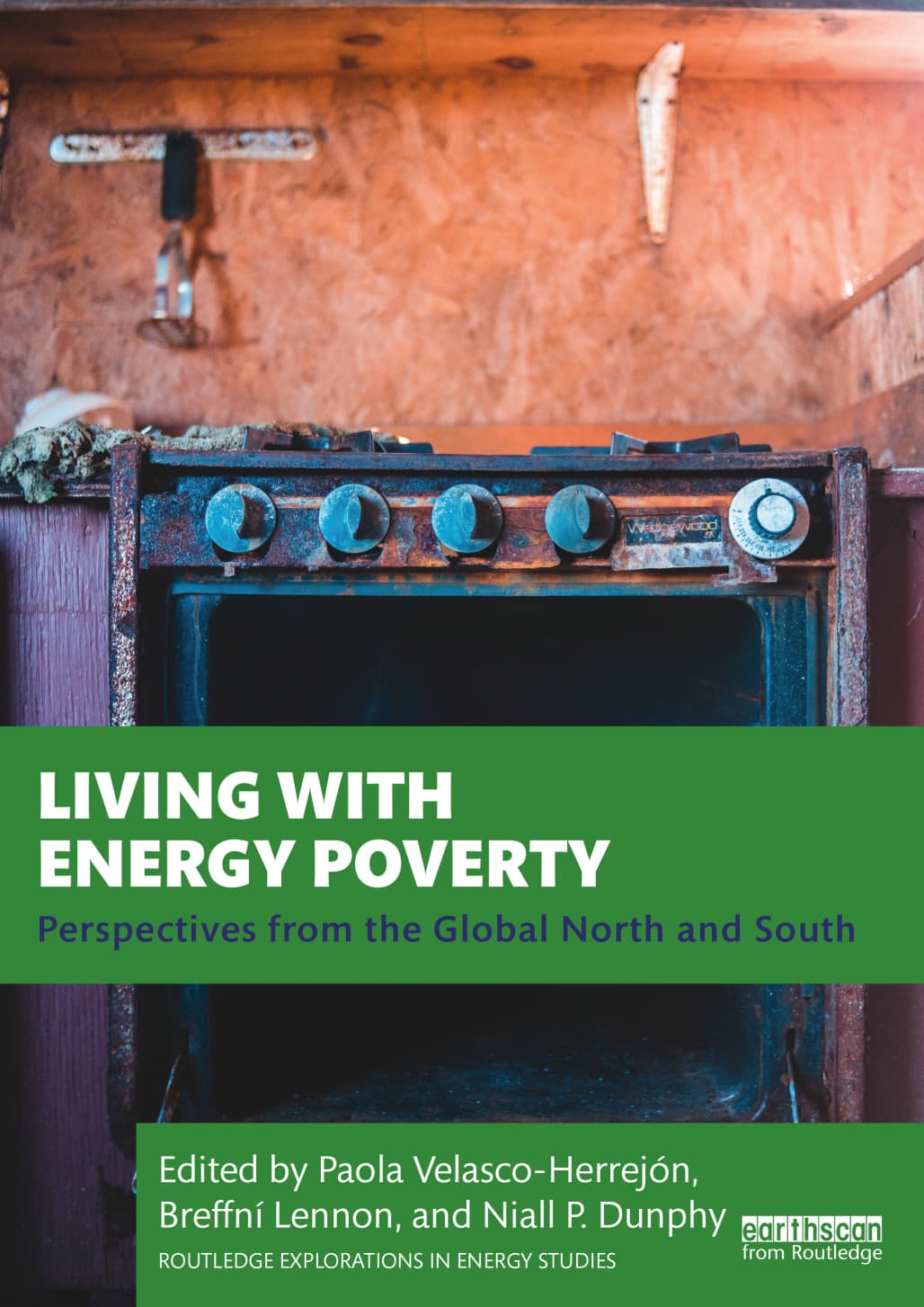

Most ebook files are in PDF format, so you can easily read them using various software such as Foxit Reader or directly on the Google Chrome browser.
Some ebook files are released by publishers in other formats such as .awz, .mobi, .epub, .fb2, etc. You may need to install specific software to read these formats on mobile/PC, such as Calibre.
Please read the tutorial at this link: https://ebookbell.com/faq
We offer FREE conversion to the popular formats you request; however, this may take some time. Therefore, right after payment, please email us, and we will try to provide the service as quickly as possible.
For some exceptional file formats or broken links (if any), please refrain from opening any disputes. Instead, email us first, and we will try to assist within a maximum of 6 hours.
EbookBell Team

0.0
0 reviewsUnderstanding the lived experience of energy poverty is an essential component in the design of any effort to alleviate what is fundamentally a deep-rooted, multi-faceted, wickedly complex problem. This requires a nuanced understanding of the causal factors and the research methods that can respond to the flexible spatial and temporal nature of the condition, as well as its well-being and justice implications. Drawing together the expertise and connectedness of authors from the Global South and North, this book presents novel approaches to understanding the often hidden forms of domestic energy deprivation. Case studies from twenty countries provide critical perspectives on this phenomenon, while analysing the policy practices, government strategy, and sustainability implications of divergent manifestations. The book takes a multidimensional perspective, challenging the bias towards energy production and service provision, which often do not align with the aspirations and realities of energy households across global contexts, thus facilitating a useful dialogue on the nature of energy poverty. The book is a timely source for policymakers, practitioners, and scholars seeking fresh, diverse insights into the everyday reality of energy poverty and wanting to better understand the challenges a people-centred, just energy transition can present.